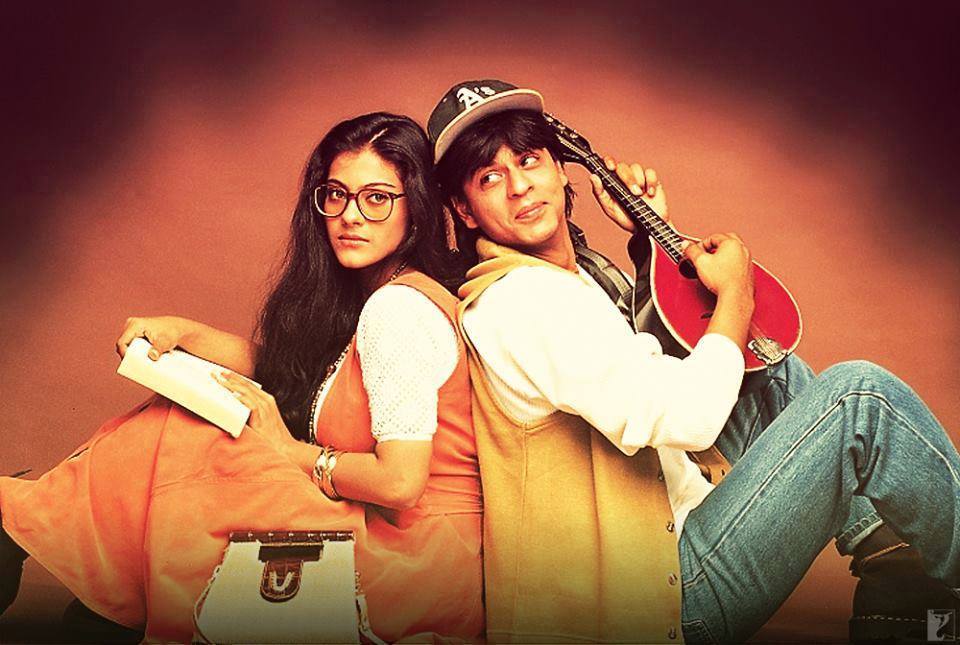Initiating a start towards dismantling a system that not only restricts women in so many ways but also undermines them as members of society, is always good. As part of a continuation to Part 1 and Part 2 of ways to dismantle the patriarchy, I present to you Part 3!
Read: 7 ways to dismantle the patriarchy
1) Pick up an issue and work on it
If you feel like there’s some issue which you relate very closely with because it’s affecting you or someone around you then it’ll be a great idea to understand it better. Read up on the issue, discuss it with your friends and family, talk about it and try to find out why it’s happening and what you can do about it.
So say if your sister is going through body image issues, she has all these ideal beauty standards placed around her and she’s constantly on Instagram feeling bad about herself. You can step in and talk to her about it, discuss what’s happening, what she’s going through and work out a solution. This will not only help understand herself better but growing awareness of what was contributing to this issue might also put her in a position in which she can help others as well.
2) There’s a difference between gender and sex
It’s important to know that there’s a difference between the two because how else will you realize the existence of intersex, transgender and non-binary people?
Sex is the physical sex you are assigned at birth. This is determined through genitals, chromosomes and hormones. It answers if you were assigned male, female or intersex at birth. Gender is how you feel and identify such as cisgender, transgender, non-binary, etc. Sex is definite but gender is a social construct. That means society and people are the ones who define what it means to be a girl, boy, man, woman. But many times the definitions set aren’t accurate and society shouldn’t be the one telling who you are. People should determine their gender themselves.
Remember: sex ≠ gender.
3) Decolonize yourself
Can somebody please ban these whitening creams? How is creating and feeding into the complexities of one’s skin color legal? Does your skin care routine involve lightening your skin? Is your concealer a shade lighter than your skin color? Does looking good involve looking white? Self-acceptance is self-love and the sooner you accept your beautiful brown skin the sooner you’ll be at ease with yourself. Brown is beautiful and let nobody tell you otherwise.

4) Take collective action
I cannot stress how important collective action is. Yes, individual voices count but there is power in number. I’m sure there’s a girl or a woman you know, or it could be yourself, who has felt extremely alone at a time and situation in which she needed support most from girls/women. This could be about reporting unwanted behavior, harassment, going through divorce and anything that puts women in a weak position because of their gender. We as women lack support, there’s no ‘sis code’, and it’s about time women need to start believing and supporting other women. After all, our experiences as women are unique to us.
5) Address toxic masculinity
Toxic masculinity is when men are taught to repress their emotions, rely on themselves, always be the dominant figure, not show their weak side, not be vulnerable, show zero feminine traits or they’ll face repercussions, use violence, be sexually aggressive, etc. This doesn’t only negatively affect men and boys but also results in the oppression of women.
Here are some of the things you can teach yourself, your close male friends and family members:
-
- It’s okay for them to open up, discuss their emotions or cry
- Don’t reproach themselves or other boys if they’re physically weak or are ‘too emotional’
- The male doesn’t have to be the dominant figure
- Being respectful, supportive and considerate to women and girls is how ‘real men’ should be
- Using violence towards women isn’t a sign of strength; it just shows a lack of humanity
- They’re accountable for their actions and they can’t/shouldn’t get away just because they are boys
- Parenting involves help from both the sides and it’s not healthy for the child to have an emotionally unavailable father
- It’s okay to help out in the kitchen and learning how to cook is a life skill everyone should learn
- It’s okay to wear different colors and prints and express yourself through fashion
- It’s okay to not like girls/women
Read: Osman Khalid Butt speaks in favour of Jami and addresses our toxic masculinity problem
6) Read Pakistani feminist literature and work
While there’s a plethora of feminist discourse available from the West, it’s hard to get a true and clearer picture of the situation of women in Pakistan if we look only through their lens. It’s important to build your knowledge by reading works of local feminist writers, poets, professors, and scholars. You can check out the writings of Kishwar Naheed, Fahmida Riaz, Ada Jafri, Rubina Saigol, Ayesha Khan, Nida Kirmani, Afia Zia, Attiya Dawood, Farzana Bari, Asma Barles, Bina Shah, Ayesha Tariq, Sadia Khatri, and Yusra Amjad to name a few.
7) Know your heroines
Finally, get some inspiration from Pakistani women who have been breaking barriers and stereotypes by checking out https://cutacut.com/2018/03/07/heres-why-you-should-be-following-these-pakistani-women/.













